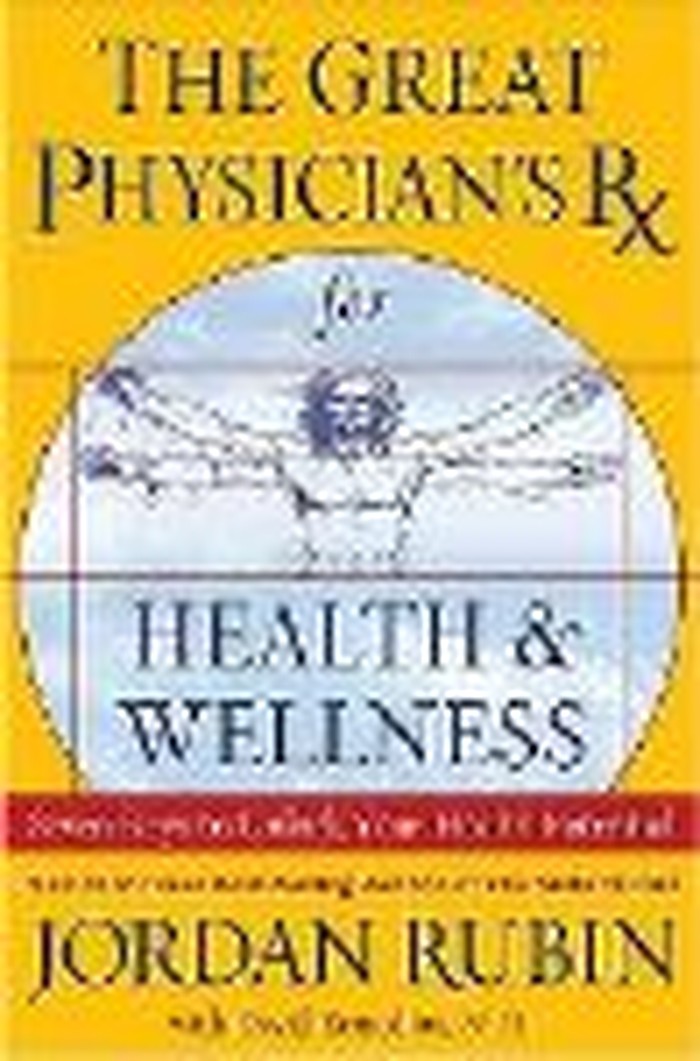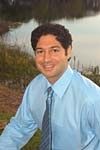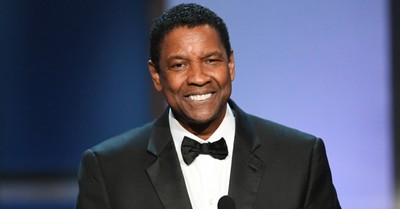Why Believers Aren't as Healthy as They Should Be
- Jordan Rubin Author
- Published Dec 16, 2005

The Church has its fair share of sick and hurting people. These days when I speak at churches, I can’t help but hear about the substantial number of people seeking prayer for cancer treatments, heart ailments, arthritis, and liver problems. Ill health is now the number-one prayer request for churches and ministries. I’ve also taken notice of prayer requests for “tough cases”: children fighting diabetes, thirty-year-olds battling Parkinson’s disease, and fifty-something schoolteachers exhibiting the first stages of neurological disorders such as dementia and Alzheimer’s disease.
Don’t we know that we’re setting ourselves up for debilitating disease and/or early death by making poor choices in what we eat and how we live? Of course, we do. You and I live in the Information Age, when our knowledge reportedly doubles every four to five years. To put things in a modern-day perspective, a weekday edition of the New York Times newspaper offers more information than the average person living in 17th-century England would come across in a lifetime. Although more and more information is available than at any other time in human history, I can’t say we’re any healthier in the 21st century. In fact, the research shows that we’re becoming less healthy.
Information is not the same as knowledge. Knowledge is acquired only when one is able to understand, interpret, and synthesize information productively, toward some valued purpose. This distinction between information and knowledge is crucial. In The Great Physician Prescription, my goal is to not merely gather and present information, but to help you gain genuine knowledge, understanding and, more importantly, wisdom.
A Lack of Knowledge
When answering the question of why believers are not as healthy as they should be, it reminds me of what God spoke through his prophet Hosea thousands of years ago. In addressing the moral and spiritual decay of the nation of Israel, it says in Hosea 4:6, (NKJV), “My people are destroyed for lack of knowledge.” Notice that the Lord said “My people,” meaning believers, Christians, and churchgoers just like you and me. He wasn’t talking about pagans or non-believers. He said, “My people are destroyed for lack of knowledge!”
I’m convinced that too many people coast through life without realizing that at least 80 percent of disease is lifestyle related. We must not be thinking about the significance of what we eat, the quantities we consume, and our sedentary, fast-paced, and high-stress lifestyles; otherwise we wouldn’t be surprised when a Southwest Airlines gate agent politely demands that we purchase another seat.
Our collective “lack of knowledge” may be wrought from the explosion of too much conflicting information about diet and health. With so many voices shouting for attention, it’s tough to know whom to believe. Many of the so-called “expert” recommendations of what constitutes healthy living are here today and will be gone by tomorrow. Remember how ten years ago everyone was saying that eggs were bad for you? The nutritional logic traveled along these lines:
1. High cholesterol levels are bad for the heart.
2. Eating foods high in cholesterol raise cholesterol levels in the blood.
3. Eggs are high in cholesterol.
4. Therefore, eggs are bad for the heart, so don’t eat eggs.
Now health experts are wising up to the benefits of eggs, a nutrient-dense food that packs six grams of protein, a bit of vitamin B-12, vitamin E, lutein, riboflavin, folic acid, calcium, zinc, iron, and essential fatty acids into a mere seventy-five calories. Eggs have the highest quality protein of any food, except for mother’s breast milk. So now the nutritional experts have egg on their face, saying it’s okay to eat them. In moderation, of course. (They have to cover their bases.)
The latest diets and the latest food fads come and go because people aren’t looking at a single, constant source of good nutrition and healthy living – the Bible. It all began nearly 4,000 years ago when God led the people away from Egypt. “Because I love you” – I’m paraphrasing what God told the Israelites – ”I will give you commandments to make you a separate people. I am a jealous God. I want you as my own. I am going to give you ways to eat, ways to live, and ways to keep yourselves clean. Follow my way, and you will become a city on a hill. I will put you on a pedestal, and you will be my trophy.”
When Moses led the Hebrews into the desert and across the Red Sea, Psalm 105:37 says that there was not one feeble among all His tribes (New King James Version). That’s amazing, especially since historians believe that more than two million people were part of the Exodus – and they didn’t leave anyone – sick or healthy, young or old – behind! Despite being enslaved in Egypt, the Israelites had followed God’s health plan in a foreign land where they were enslaved.
You may be reading this and thinking to yourself, It’s too hard to follow a healthy lifestyle in today’s world. Try doing it while you’re being whipped for not turning straw into brick fast enough! When the time came to gather up their belongings and depart, they left Egypt as a vibrant, energetic, and healthy nation.
So there was not one feeble among all His tribes. Can you say that about your congregation? What about your place of work? What about your family? What about your own life?





















